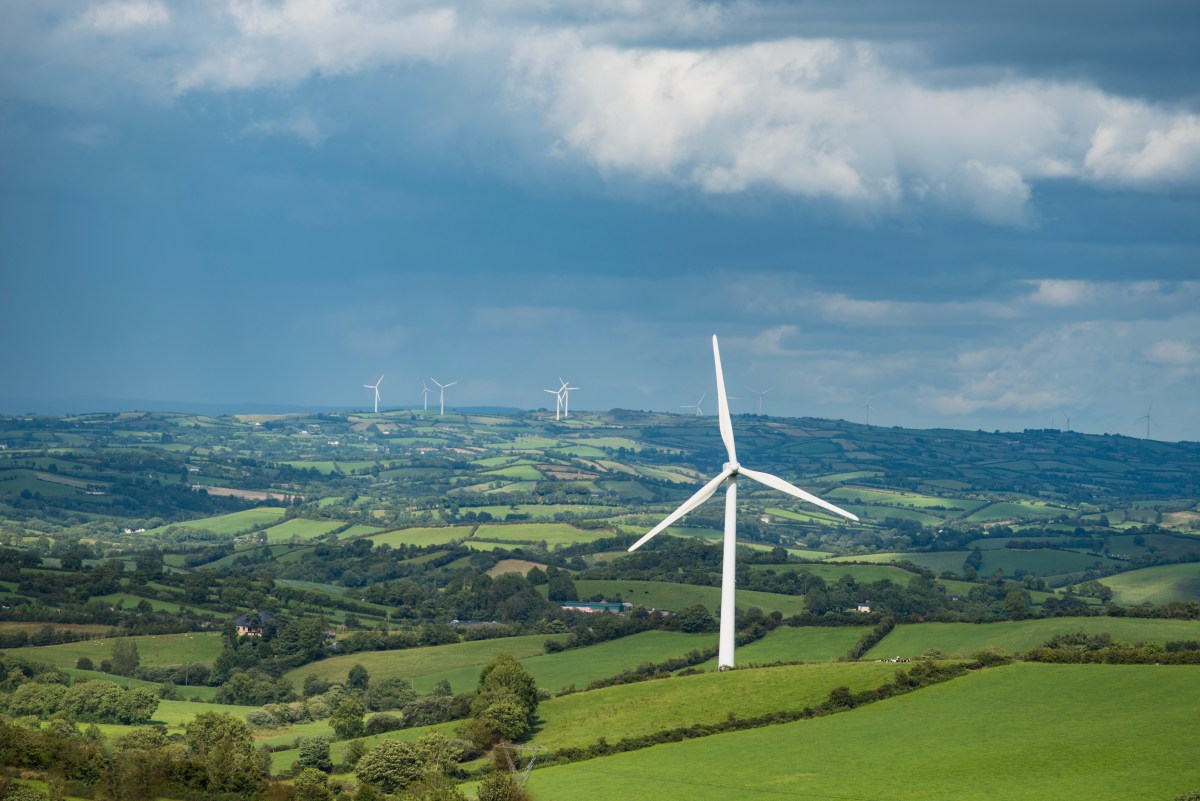Every day, strong gusts off the North Atlantic buffet hundreds of wind farms in Ireland, generating so much energy that owners often have no one to sell it to, forcing them to dump otherwise useful power.
“12 to 14% of our potential generation goes into surplus. In Northern Ireland, it’s at 18%,” said Derek Roddy, co-founder and CEO of smart home company Climote. “If you’re a wind farmer, you are feeling the pain. This is a huge chunk of change that you’re walking away from, but the system struggles with what to do with it.”
Roddy had been mulling this problem over for a while. Climote focuses on heating and hot water, so he thinks a lot about supply and demand signals in the electricity sector. It was on his mind when he attended an event where an Irish social enterprise called FoodCloud took home one of the top awards. FoodCloud, which was founded in 2012 by two university students, intercepts food that would otherwise go to waste and donates it to those in need.
“I’m just listening in the audience to their whole story about sustainability, and I went, shit, surplus energy, surplus food — they’re the same,” Roddy told TechCrunch+.
At that moment, he realized that he had been approaching the surplus energy problem the wrong way. With his company, he had been focused on the technology part of the puzzle. And while that’s still a key piece, it hadn’t made the dent he wanted. After all, Ireland was still wasting a significant amount of wind power.
“I went, OK, maybe we’re looking at this wrong, Maybe we need to go and do our bit for the world and the globe in solving the surplus piece and by default we prove how the actual system could work.” The answer wouldn’t be another startup, but a nonprofit social enterprise styled after FoodCloud.
Finding partners
Having spent the last two decades in the smart home business, Roddy had a front-row seat to the Celtic Tiger economy. The tech sector had helped pull the previously agricultural nation out of poverty and turned it into one of the wealthiest nations in Europe. But even in wealthy countries, some people tend to be left behind.
